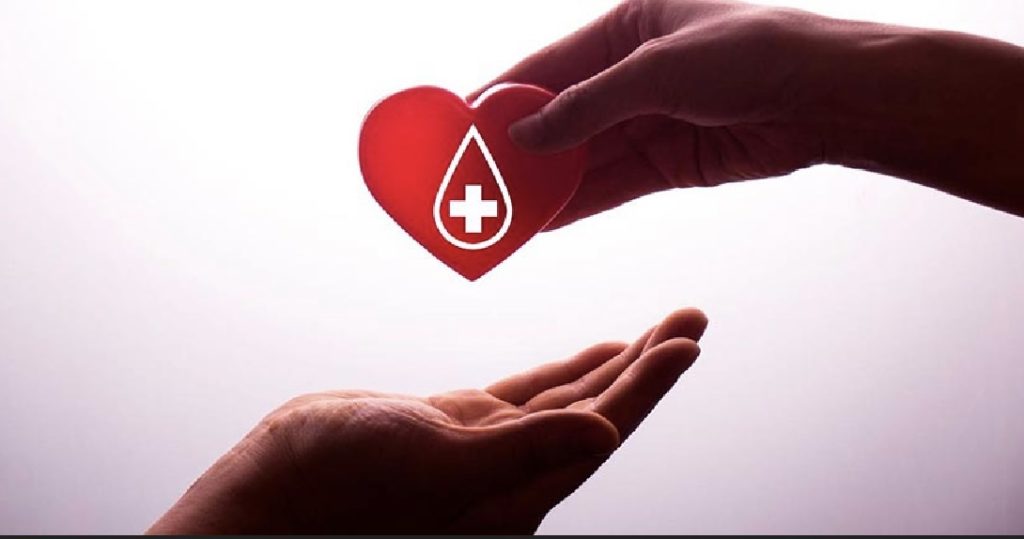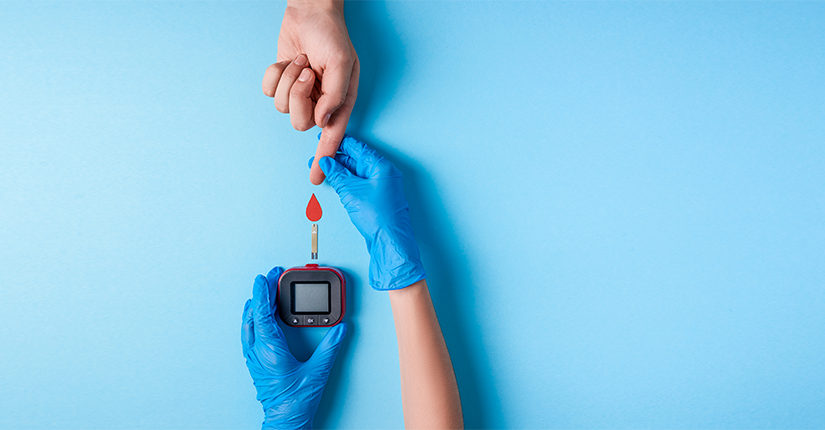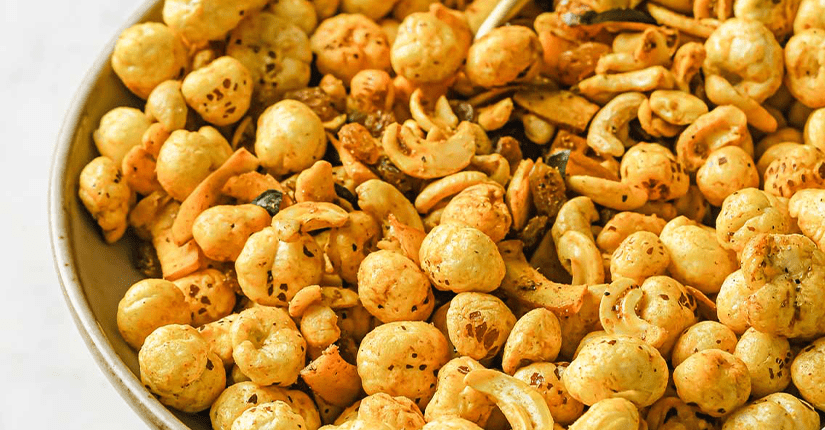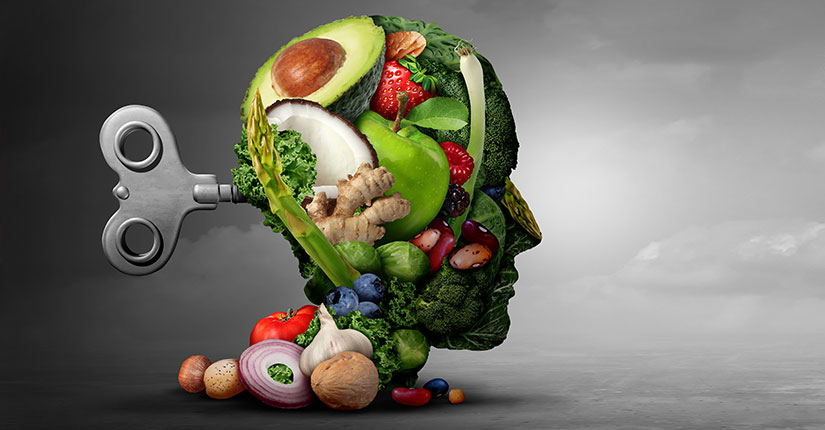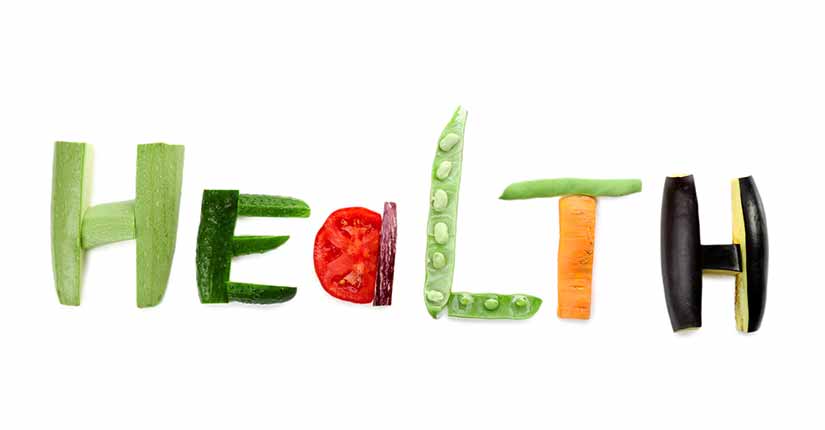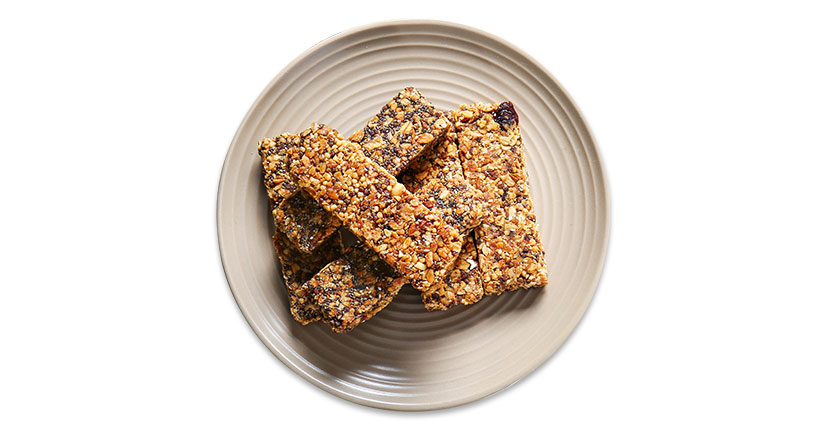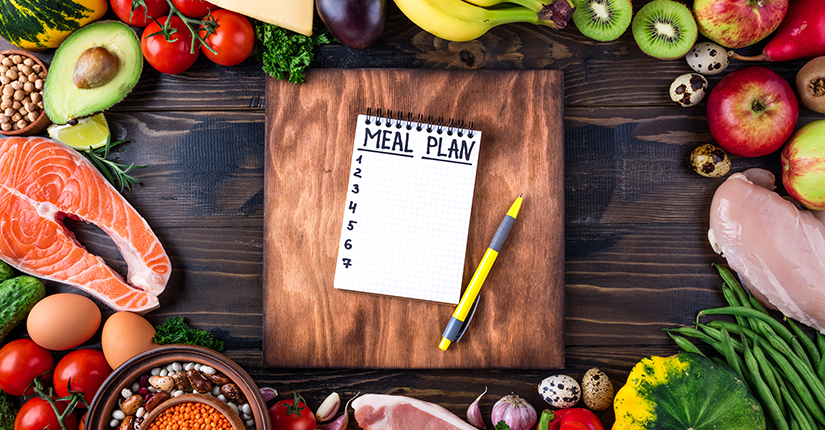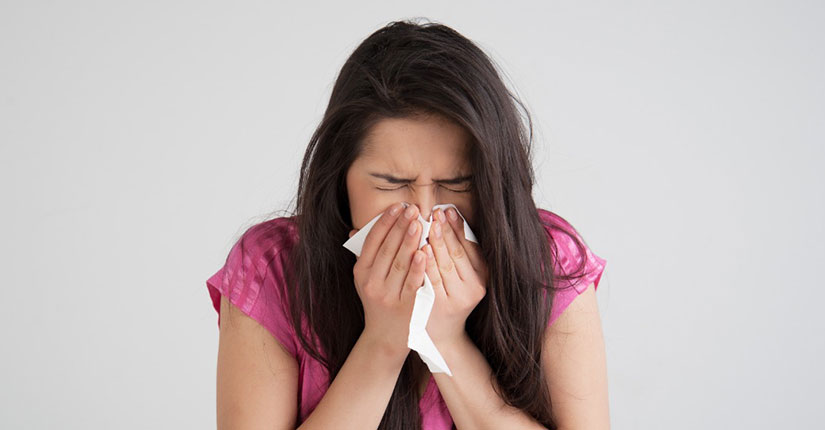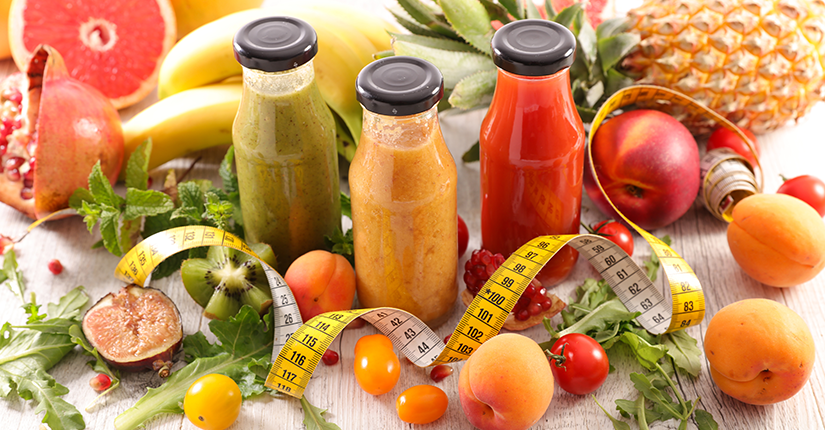Dietary Tip for Post-Drug Abuse Recovery
By Nmami Agarwal 26-Jun 2020 Reading Time: 5 Mins

Drug abuse means the consumption of harmful legal and illegal substances in unethical ways. Drugs are substances that alter your physical and psychological functioning. There are legal drugs such as alcohol and tobacco and illegal drugs such as cannabis, ecstasy, cocaine, and heroin. Psychoactive drugs alter a person’s mood, behavior, and thinking as it directly affects the central nervous system. According to a 2017 statistic, nearly 271 million people worldwide, aged 15 to 65 had used illegal drugs at least once. This is surprising because nearly 5 percent of the globalpopulation has consumed drugs at some point in their lives.
So, why do people do drugs? People have several reasons as to why they indulge in drug abuse. Often people claim that they do it out of curiosity or peer pressure. Drugs have the ability to make you feel good and lessen your inhibitions. Your state of mind is altered which makes you feel light and relaxed. Mostly, individuals reach out to drugs as an escape mechanism. An escape from their problems, inhibitions, and miseries of life. The regular consumption of harmful drugs can soon turn into an addiction. This is the point where coming back to your normal state seems impossible. You feel the urge to do drugs every day or several times a day. You buy drugs even when you can’t afford it and take it in large quantities, more than what you can handle.
Drug abuse recovery is a time of great vulnerability. Abusers are in the withdrawal period which is accompanied by mood swings and erratic behavior. Relapsing is quite common. People slip back into drug abuse to cope up with these changing patterns. The phase of recovery is hard but once you get out of it, you feel better than ever. Drug withdrawal causes moodiness, headaches, and drowsiness. Nutrition plays an important role in promoting your overall health after recovery.
Here are some dietary tips for post-drug abuse recovery:
- Eat more vitamins and minerals. An inadequate amount of nutrients in the body can cause the symptoms of depression and fatigue. The body has suffered and lost enough nutrients due to drug abuse and now is the time to replenish them. Add whole grains, beans, peanuts, seeds, and vitamin-rich foods to your daily diet.
- Drug abuse and addiction can drastically reduce a person’s weight. The body loses its fats and nutrients that are responsible for the body’s functioning. Eating a well-balanced diet can help you gain weight so that the body can carry out necessary operations.
- Excess consumption of drugs can impair brain function. It can strip away the essential fats present in the brain. This can obstruct brain development. Incorporate omega-3 fatty acids into your diet to replenish these fats. Foods rich in omega-3 fatty acids are fatty fish, chia seeds, flaxseeds, hemp seeds, and walnuts.
- Foods packed with antioxidants are preferred after recovery. Antioxidants help to rebuild your immune system which had earlier been damaged. It is an effective way to cleanse and detox the body. Blueberries, strawberries, onions, and pecans are foods rich in antioxidants.
Footnote
People suffering or recovering from an addiction should start with consuming 3 meals a day. These meals should be nutritious and fulfilling. Eating a balanced diet regularly can reduce cravings as the blood sugar level starts stabilizing. A poor diet often leads to relapse so make sure you get a healthy and nourishing diet.


